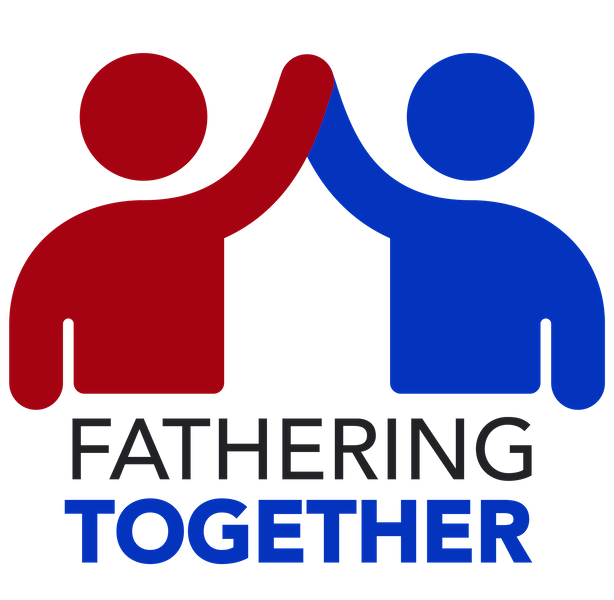
I probably say it a thousand times a day and, honestly, it feels good to say it.
I say, “No.”
“Daddy, can I have a popsicle for lunch?” my daughter says.
“No. A popsicle is not lunch. Eat your lunch and then we can talk popsicles,” I say.
“Daddy, can I play on the iPad?” my son asks.
“No. You already had your screen time today. Did you pick up your room?” I answer.
Shopping with my children is when I say it most. If we get near the toy aisle I know it will result in a barrage that will crescendo into a giant “NO!” that makes people’s heads turn. This kind of trip has me grabbing the items I need frantically only to be faced with the tempting last-ditch effort of marketing gurus — the checkout counter. They want me to buy their toys and candies for my children like they are a consolation prize for their have survived their time in the store. Where’s my consolation prize? It is my shred of dignity because I was strong enough to face my children’s momentary disappointment by saying “No.”?
I am not alone.
“Daughter, will you eat these peas?” I ask.
“No,” she says.
“Can you just try one pea?” I ask.
“No.”
“Do you have to go potty?” I ask.
“No,” she says.
“You must try to pee before we leave,” I plead.
“NO, NO, NO!” she screams.
(Ten minutes later she is using the portable potty in the back of my minivan on the side of the road.)
Many kids learn “no” before any other word. Why? Because it is so easy to say! Yet for some reason, many parents have such a hard time saying it. They think saying it hurts their children.
For instance, take the parents who pamper their children at day spas, written about in The New York Times. These adult spas are cashing in on parents’ inability to refuse their children anything. As one woman, who paid $400 for spa treatments for two 8-year-old girls, is quoted as saying, “I don’t want them to feel that my saying ‘no’ means that I don’t love them.”
Why in the world does a child need to go to a spa to get a massage and facial? Tough day on the playground? Was preschool that arduous?
Saying “no” means you do love your children. It means you love them enough to set limitations on what is appropriate for them helps demonstrate the difference between needs and wants. This parent is setting a precedent for the future. At some point, she will have to say “No” or it will get out of control. What sort of young adults will these children become when massages and facials are the expectation they have at the elementary school age?
You can still pamper your children without giving in to their demands or activities that are just plain inappropriate for their age. My wife regularly creates moments for our girls where they can bond and feel special without spa treatments (and costs!). They take baths and showers, get into tiny robes, paint their nails together and do their hair, and watch a musical on TV. It’s a bonding event that barely costs you a cent. Dads can create this experience by letting their daughters paint their nails and brush their hair.
Our kids are growing up too fast. We should want them to slow down and stay children while they can. There are just certain things my children don’t need to have or experience, and distinguishing the difference between needs and wants will help you make better decisions when your children ask you for something.
Spoil your kids with your love and attention, not spa packages that build on a narcissistic attitude. Learn to say “No” because you love them, not because you fear they won’t love you. Some parents just need to be stronger when it comes to the choice between “yes” and “no.”

This was a great read and I definitely agree with the points that you make. Sometimes you just have to be harsh to be kind. A child who has everything on demand is not a child that will appreciate things. You can love your child without constantly saying yes because it’s the easy option.